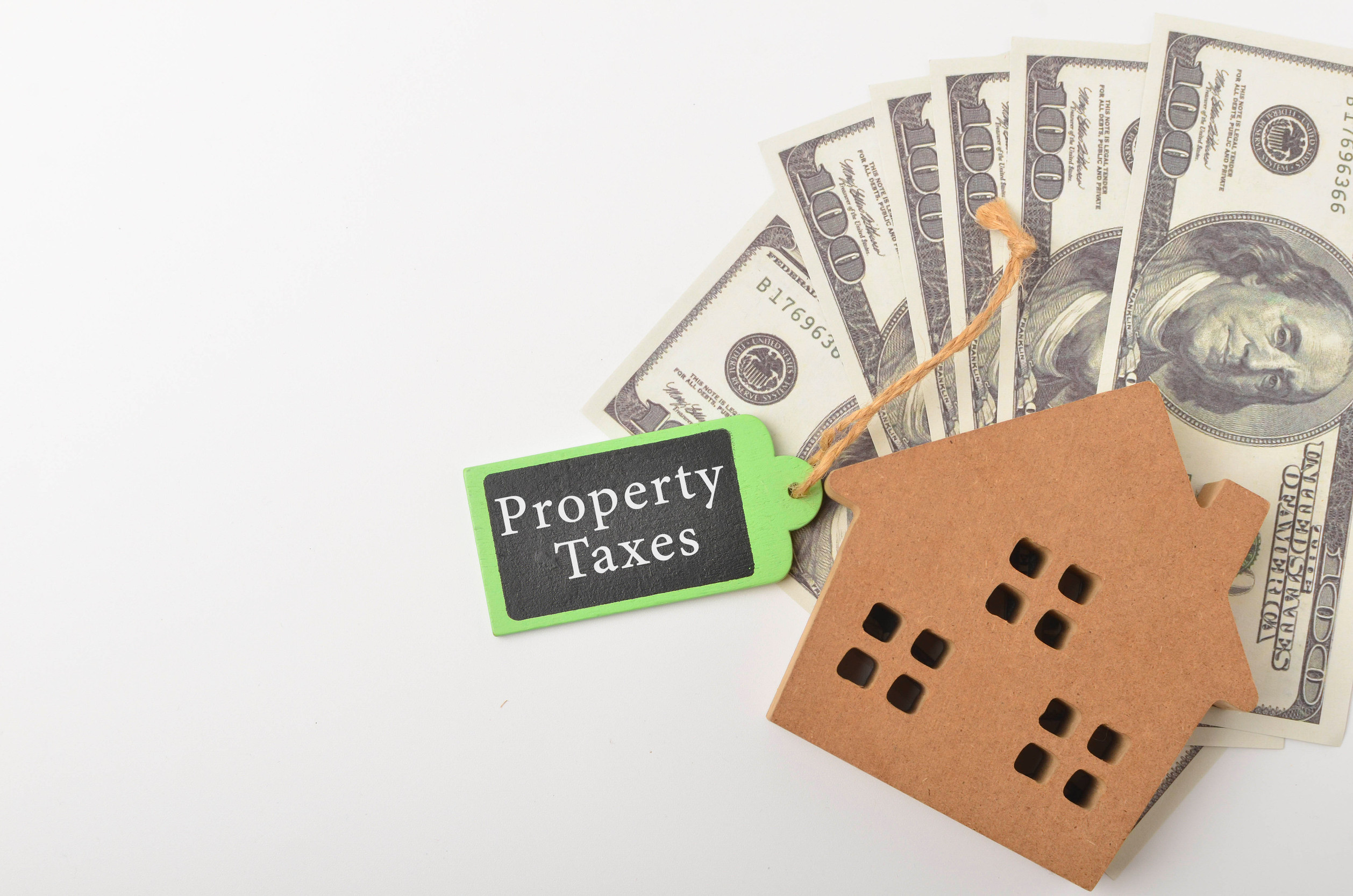
Across the country, a growing number of towns are requiring property taxes to be settled before a deceased person’s estate is officially closed. This trend has caught many families off guard, especially during an already emotional and overwhelming time. Instead of waiting for probate or estate resolution, these municipalities are stepping in early to secure their share.
The reason often given is to “protect municipal revenue streams” from delays or disputes. It’s a policy shift that has sparked both confusion and controversy.
The Legal Loopholes That Made It Possible
Local governments aren’t acting out of thin air—many state probate laws allow them to file tax claims against an estate at any point before final closure. This means they can demand payment before property transfers to heirs, even if other debts are still pending. In some cases, municipalities use liens as leverage, effectively halting the transfer or sale of a home until taxes are cleared.
Critics argue that the practice exploits ambiguous legal language that prioritizes tax debts over other obligations. The outcome is a fast-track process for collecting revenue, but often at the expense of grieving families.
How Probate Delays Spark Aggressive Collection
Probate—the legal process of settling an estate—can take months or even years, depending on complexity. During this time, property taxes still accrue, and interest or penalties can pile up. Towns argue that waiting until probate finishes risks unpaid balances if the estate’s value drops or if disputes drag on. To avoid this, they push for payment upfront, ensuring they don’t get stuck at the end of the line. This approach prioritizes municipal budgets over traditional probate timelines.
The Pressure on Executors and Families
Executors—often a spouse, child, or close friend—are the ones hit hardest by these demands. They must juggle funeral arrangements, legal paperwork, and now an immediate bill from the town hall. This can force heirs to scramble for cash, sometimes before they even have access to the estate’s funds. The emotional strain is compounded by the legal pressure, making a difficult situation even harder. In some instances, properties have been sold prematurely just to cover tax obligations.
Municipalities Defend Their Position
Town officials point out that local services rely heavily on property tax revenue. Police, fire departments, schools, and road maintenance all depend on steady cash flow. They argue that if taxes are left unpaid until after probate, the risk of loss increases, which could hurt the whole community. For them, securing payment early is a matter of fiscal responsibility, not insensitivity. They claim that the policy is simply enforcing obligations that existed long before the property owner’s death.
The Role of Rising Property Tax Rates
In many areas, property tax rates have climbed sharply over the last decade. This increase has made even a few months of unpaid taxes a more significant burden for towns. Rising housing values also mean estates often owe more in property taxes than in past generations. For municipalities under budget strain, this is revenue they can’t afford to wait on. The higher the stakes, the more aggressively these policies are enforced.

Why Critics Call It “Taxation at the Worst Time”
Opponents say demanding property taxes before death is finalized is a cash grab that targets people when they’re most vulnerable. They argue that families need space to mourn and sort out affairs without the added stress of municipal deadlines. Legal experts point out that this urgency can push heirs into financial decisions they wouldn’t otherwise make. Critics also believe it skews the probate process in favor of government creditors over private ones. The phrase “taxation at the worst time” has become a rallying cry against the policy.
The Quiet Impact on Inheritance
When taxes are taken upfront, it can significantly shrink the value of what heirs ultimately receive. This is especially true if the estate is small and heavily tied to a single property. By forcing early payment, towns indirectly reduce the amount left for loved ones.
Families sometimes find themselves inheriting less than expected, or even nothing at all, after debts and taxes are settled. The financial blow can add to the emotional toll of losing a family member.
Loopholes, Workarounds, and Delays
Some families have found ways to delay or negotiate payments, but these tactics rarely work for long. Filing for hardship exemptions, contesting valuations, or seeking payment plans can buy time, but they don’t erase the obligation. Municipalities have become adept at using liens and court filings to ensure taxes are paid first. Attorneys often advise clients to set aside funds for property taxes immediately after a death to avoid complications. The more aggressive the collection policy, the fewer options remain for delay.
The Future of Death-Related Tax Collection
If current trends continue, more towns may adopt early-collection practices as a standard policy. Budget pressures, rising property values, and slow probate systems create an environment where municipalities feel justified in acting fast. This could lead to broader legal reforms aimed at balancing municipal needs with the rights of grieving families. Lawmakers may face pressure to set clearer guidelines on when and how taxes can be collected from estates. For now, the debate shows no signs of cooling down.
The Debate Over Fairness vs. Fiscal Survival
The push for property tax payment before death is finalized is a battle between municipal stability and family compassion. Towns see it as a safeguard against revenue loss, while families see it as an intrusion into an already painful process. The truth is, both perspectives hold weight, which is why the policy remains so divisive. As the practice spreads, so will the demand for clearer laws and fairer timelines.
What’s your take on this? Share your thoughts or experiences in the comments below.
Read More
10 Cities With The Cheapest Property Taxes in Georgia
Property Managers Wish You’d Stop Doing These 10 Things
The post Why Some Towns Are Demanding Property Taxes Before Death Is Finalized appeared first on Everybody Loves Your Money.







